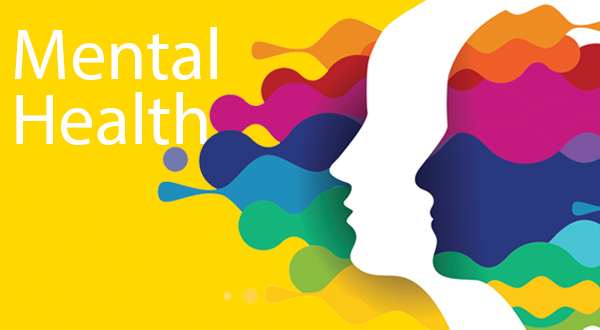The sudden increase in COVID-19 cases over the past few months have caused uncertainty and fear among people and also have had a major impact on their mental health. According to a study, there has been an increase of over 50% cases when it came to such mental health disorders especially among old age group. Symptoms of this stress included anxiety, sleeplessness, nightmares, depression as also weakness and fatigue.
Based on its data on interaction with over 5,000 elderly people over the last month, the study says that as many as 82.4% of respondents complained of health anxiety due to an increase in cases of coronavirus and the casualties owing to COVID-19. Over 70% of respondents also complained that they had experienced sleeplessness, insomnia or nightmares due to poor quality of sleep. It was also found that around 63% of the elderly developed symptoms of depression due to loneliness or social isolation. An almost equal number complained of unceasing stress during the second wave of COVID-19 in India.
Thus COVID-19 has a deep and long-lasting impact on the health of a majority of the elderly population, including their mental health. The study revealed that a driving factor behind this change was that “older people are afraid of the Covid-19 consequences” and fear contracting the coronavirus. “They seem much worried about getting a bed and proper treatment in hospital if they or any of their family members is ever in need.”
Adding to this, the study also says that “most of the old people, despite having access to resources, are finding themselves helpless and vulnerable due to the fast-spreading coronavirus. It has devastated their peace of mind and life. They need urgent help in the form of counselling, useful tips and information, health care as well as emotional support.”
Lockdowns and COVID-19 induced restrictions were adding to the problems of the elderly. Social isolation or social distancing caused by these restrictions are also leading to increased loneliness among elderly, “particularly for those who are living alone or forced to live alone without family support and care”.
During the second wave of the pandemic, there has been an over 50 per cent rise in the number of older people seeking counselling or help for psychological issues such as depression, anxiety, sleeplessness, fear, stress, sense of loneliness or isolation.
Older people with mental health disorders and disabilities were more vulnerable and more prone to exacerbations during such a crisis. Due to poor health conditions and a fast decreasing immune system in old age, elderly is more prone to get infection, which leaves them neglected and even unattended in many cases.
In light of these findings, it is recommended that people spend more time with the elderly wherever possible in a safe environment and that provisions are made to improve doorstep delivery of healthcare support systems for the elderly in poor health conditions or with disabilities. We also urge that a special door-to-door vaccination drive be carried out for this vulnerable group of citizens.






